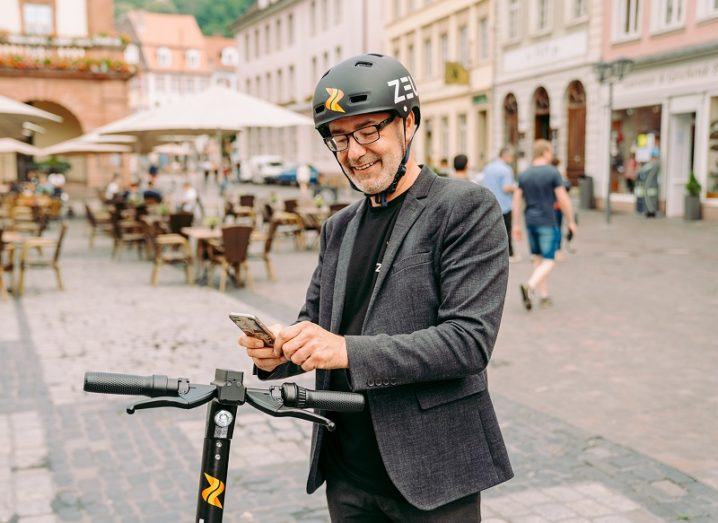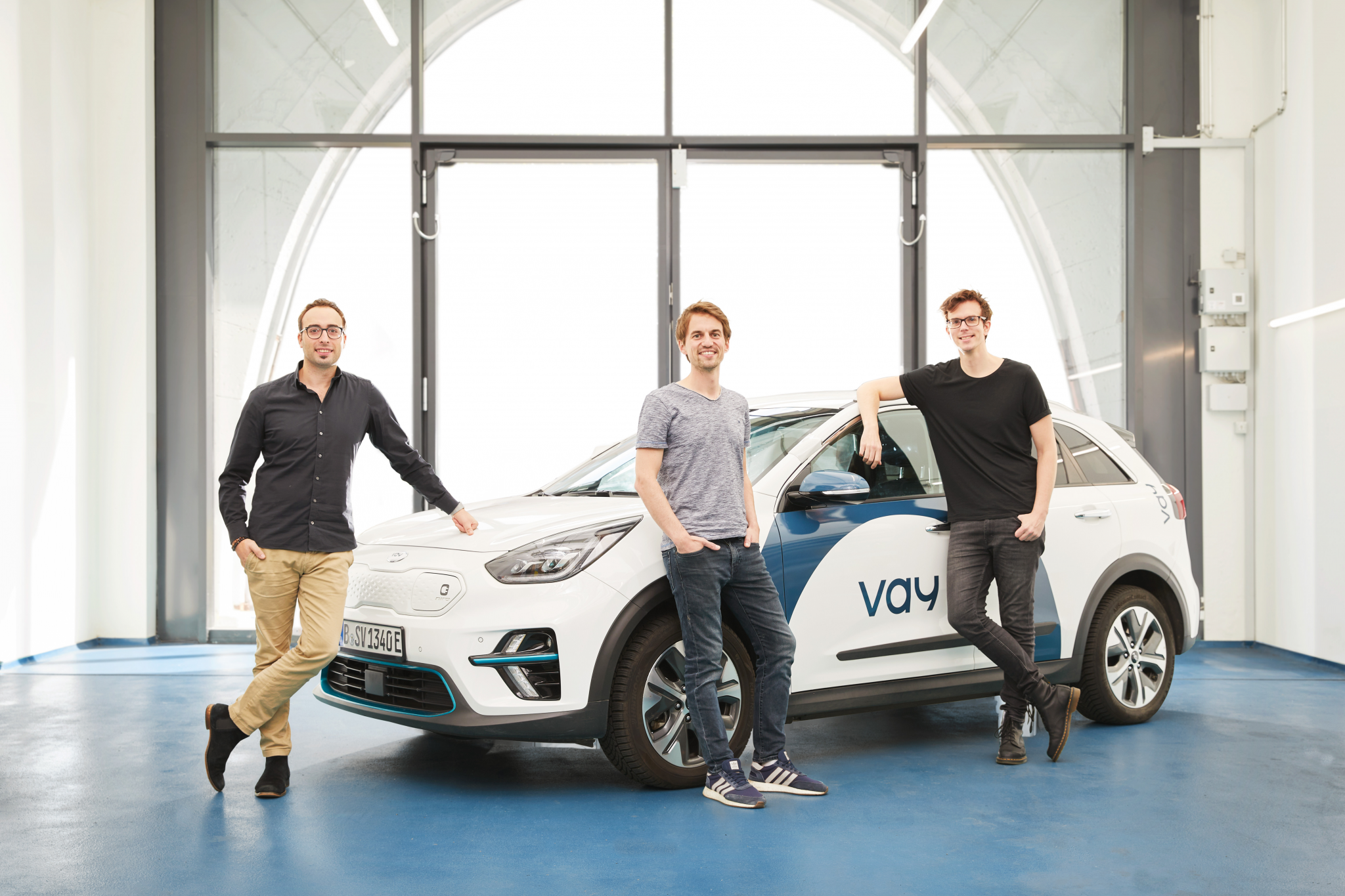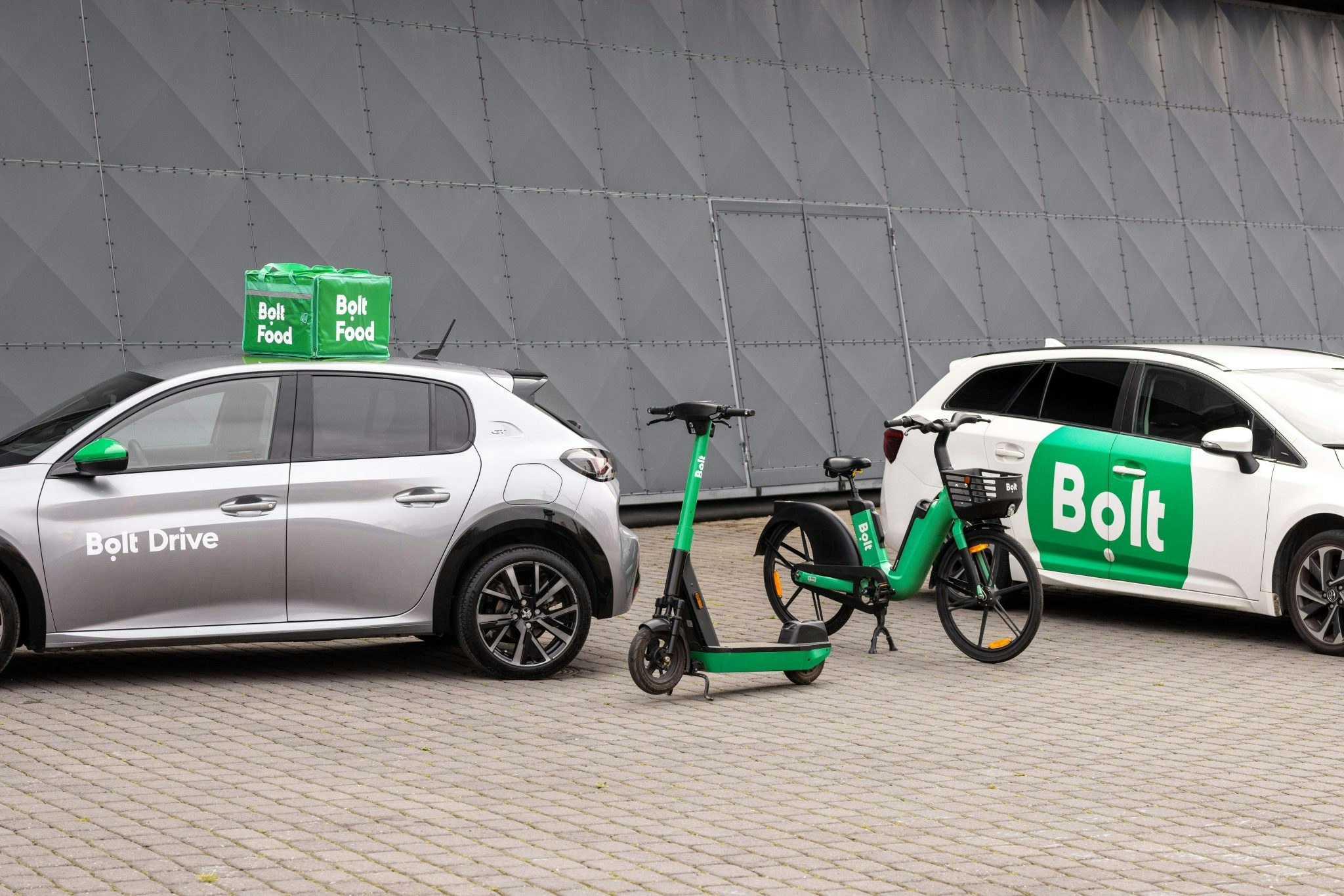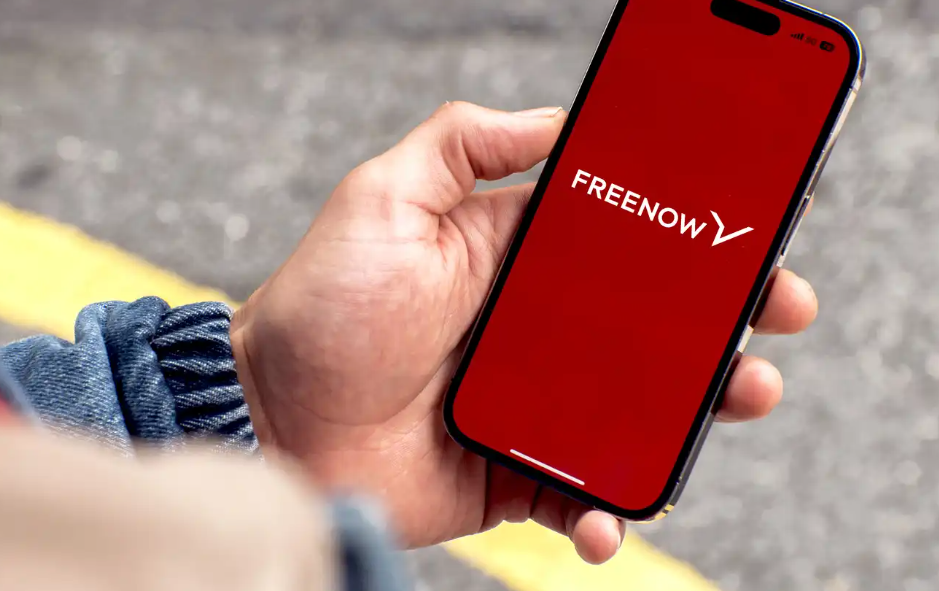Some 20 scooter-share companies are eyeing commercial launches in Ireland, as the government prepares to make electric vehicles legal on public roads for the first time.
Ireland has taken the slow lane on rental scooters, which have become a fixture over the years in cities including Brussels, Paris, Madrid and Vienna.
“We’re the last country in Europe to regularise scooters on the streets,” said Noel Rock, a former MP with the governing Fine Gael party.
But with legislation due in the autumn, there's intense competition for market entry from all the main providers, including Europe’s largest rental operation Tier, Estonia’s Bolt and the Netherlands’ Dott.
Reps from these Goliath-scale companies are scooting around the country and dangling the prospect of jobs and million-euro investments before local officials.
Other interested parties include Sweden’s Voi and US company Bird, alongside smaller Irish operators Zeus and Zipp.
Rock, who now runs a consultancy company that advises Tier, says he doesn’t regret Ireland missing out on the early years of disruption. The sector “has matured,” said Rock, with more sense and order gradually replacing the free floating scooter mania witnessed early on in many European capitals.
Officials [are] at pains to avoid the Wild West scenario of scooters dumped everywhere.
Rock expects requirements for Irish vehicles will be on the stringent side, with legislators drawing inspiration from some of the continent’s toughest proving grounds.
Users will have to start and end rides in designated scooter-parking areas — with officials at pains to avoid the Wild West scenario of scooters dumped everywhere.
“It’ll be like London, where the tendering process was tough and fiercely contested,” Rock said.
It isn’t clear yet how many licences will be awarded in Irish cities but some expect it will be three per city, as was the case for London’s pilot.
Wheeling in
“Ireland and the UK coming to the party late is a benefit for both. They can learn the lessons of what has gone well in other countries; and we can help them,” said Benjamin Bell, Tier’s head of public policy for Northern Europe.
Tier was one of three operators issued permits in the recent hotly contested London bid (Amsterdam-based Dott and Lime received the others). “I’d like to think Ireland will look at London as a case study,” said Bell.
The company has been courting broad support around Ireland, even creating a safety board that will include representatives from the Disability Federation of Ireland and the National Council for the Blind of Ireland (cities are worried that parked scooters will impede wheelchairs or the poorly sighted). “A lot of people can become disillusioned with scooter street clutter but we can limit vehicles to specific parts of your city,” Bell said.
'A great yolk'
Tier vehicles also come with foldable helmets and the company reportedly sent one of these to the attention grabbing MP Michael Healy-Rae, who had received a scooter from his family at Christmas.
Healy-Rae’s son Jackie, a city councillor, said the vehicles would transform the work of Irish politicians. “It’s a great yoke for canvassing inside in housing estates,” he told the Irish Times in January. “You can fly around from one door to the next. I’m telling you, it’ll revolutionise the way people canvass in the future.”
[Scooters] will revolutionise the way people canvass in the future.
How they roll
Tier is not the only company fighting a strong PR ground game in Ireland.
Operators are working hard to vaunt their green and safety credentials, while displaying how the most recent generations of their vehicles are better specced-up and sturdy enough to handle the hard-knock street life.
Also heard are the subtler pitches, with many companies promising they won’t use gig labour in Ireland (though they are happy to point out the operators that have in the past).
Bolt execs say the company is ready to provide 10k escooters to Irish towns and cities, creating more than 130 jobs. The company’s key pitch is that it can offer users a mode-shift from its ride-hailing operation to its bikes. Voi execs too have met with public representatives in several cities.
Reps with Superpedestrian, the transportation company based in Cambridge, Massachusetts, have met local politicians in Cork, Ireland’s second largest city, about renting their vehicles.
Jean Andrews, policy director for Ireland and UK, said the city could receive a fleet of 600 'micromobility' vehicles — the catchall term for bicycles and lightweight electric vehicles — as part of a possible €15m investment in Ireland, which could also see the company establish an R&D lab on the island.
Pitching the company as “the Volvo of escooters,” Andrews said her team’s vehicles have superior tech to keep users off pavements and away from restricted areas.
“Our geofence tech kicks in in under a second. With other vehicles you can have up to a 30 second wait,” Irish-born Andrews said. A further pièce de résistance: Superpedestrian’s operating system can detect signs of unsafe scooting and slow users down.
I thought we could improve the scooter experience. We could make it greener.
Homegrown challenger
Dublin’s Zipp Mobility, founded by Charlie Gleeson in 2019, is currently trialling its vehicles in the UK — another country that has adopted a conservative approach to scooters (where they fall under the same laws and regulations as motor vehicles).
Gleeson said the company, whose backers include former Irish rugby international Brian O’Driscoll, was borne out of personal frustration at a lack of good travel alternatives in Ireland. “When I started looking into it a bit more, I thought we could improve the scooter experience. We could make it greener,” said Gleeson.
[caption id="" align="alignnone" width="1600"]

Zipp training with guide dogs. Credit: Irish Guide Dogs for the Blind[/caption]
He notes the environmental costs of some other scooter companies, including discarded batteries and emissions produced by the trucks and vans that bring the scooters to charging stations.
“You need the green to run through and through and you need swappable batteries,” he said. The company has also worked with guide dogs, to ensure the mutts can get around any scooters causing a pavement-blocking nuisance.
Two wheels good, three wheels better?
Ireland’s Zeus, led by Damian Young, has raised €2m in investment. The company, which only launched mid-2020, currently operates in 21 cities and towns in Germany and several cities in Norway and Sweden.
“It’s a crowded market but we felt we could enter it a little differently to the big players,” said Young, who previously spent 25 years in finance.
This industry is notorious for unprofitable operators.
His theory was that you could entice a broader demographic of ridership on three-wheel vehicles (scootering, like cycling, skews male). “If you’ve never been on a scooter, and you’re wary, you’re more likely to pick three wheels over two,” he said.
Young says his company isn’t aiming to compete with the “fast land grabs” of bigger players. Instead of the prize target cities, “We prefer to look at smaller, tier two and tier three cities. You’re still talking about thousands of cities globally,” Young added.
The Zeus boss is critical of the way some VC-backed tech operators have dropped fleets of scooters onto the streets.
“This industry is notorious for unprofitable operators; we’re trying to build a sustainable model,” he said. “We want profitability in year two.”
‘Lipstick on the pig’
Young is also sceptical about some of his competitors’ airy claims. “There's a lot of lipstick on the pig — they talk a lot about having certain new innovations but in a lot of cases, companies are using virtually the same technology. I’m not saying we’re hugely different, but we don’t want to be a ‘MeToo’ on gimmicks,” he said.
Young argues that the big operators go into cities “with disregard — in my view — to people’s views and demands. We have the opposite approach — we’re demand-led,” he said.
The mood in many cities now is to remove thousands of scooters from streets.
The Zeus boss said many people don’t like the sight of dockless vehicles clustering on pavements. “You flood the city with bikes and you’re quickly encouraging antisocial behaviour,” he said. Indeed, the mood in many cities now is to remove thousands of scooters from streets.
“Many cities are over-served. Look at Oslo, for instance, where there is somewhere in the region of 26k scooters. They want to eventually bring this down to 8k,” Young added.
[caption id="" align="alignnone" width="718"]

Zeus boss Damian Young. Credit: Zeus Scooters[/caption]
The CEO is happy his company has won contracts in Germany. “We wanted to get into a market where the requirements are strict — we wanted to set the bar high for ourselves,” he said.
He thinks legislators will divide Dublin into four boroughs, with two or three permits each. “I think we’ll see a mix of winners. They will likely grant a licence to one or two of the big players. Then I hope they will give one to a smaller operator,” he said.
Scooters often appear to be replacing not fossil-fuel-burning journeys but walking.
Green doubts
While legislation slowly winds through government, purchases of private escooters have rocketed. “They’re for sale everywhere now,” said James Carroll, energy economist at Trinity College Dublin.
Carroll, who has taken a keen interest in the vehicles’ environmental credentials, says their performance is challenged by data that shows scooters often appear to be replacing not fossil-fuel-burning journeys, but walking.
“If this finding bears out, it could even be a step backwards in terms of sustainability,” said Carroll. The price model for scooters — which typically cost a pound to start and then 15p to 25p per minute — makes them economical for short trips, but longer larks quickly go beyond bus fare territory.
Still, scooters could be the answer for those passengers who are nervous to get back on buses and trains during a pandemic, Carroll added.
These paths are already getting a bit confrontational.
Mode rage
Dublin can’t match European cities like Amsterdam for bike-friendly infrastructure. But the pandemic offered the rare opportunity to improve on this to the point where a new problem is becoming apparent — increasingly crowded bike lanes.
The bad scenario Carroll envisages is a cycle lane stuffed with bikes, e-bikes and both regulated and unregulated scooters.
“There are now so many unregulated devices that go above the speed limit on the streets,” said Bolt country manager Luke Mackey. The most powerful privately-owned escooters can reach up to 68 mph (110 km/h); rental escooters in Ireland are expected to have a maximum limit around 15mph (24 km/h).
“We don’t yet know if the escooter will be allowed in the bike lanes,” Carroll observed. “But these paths are already getting a bit confrontational. With all these vehicles zipping around at different speeds, it creates potential problems.”



